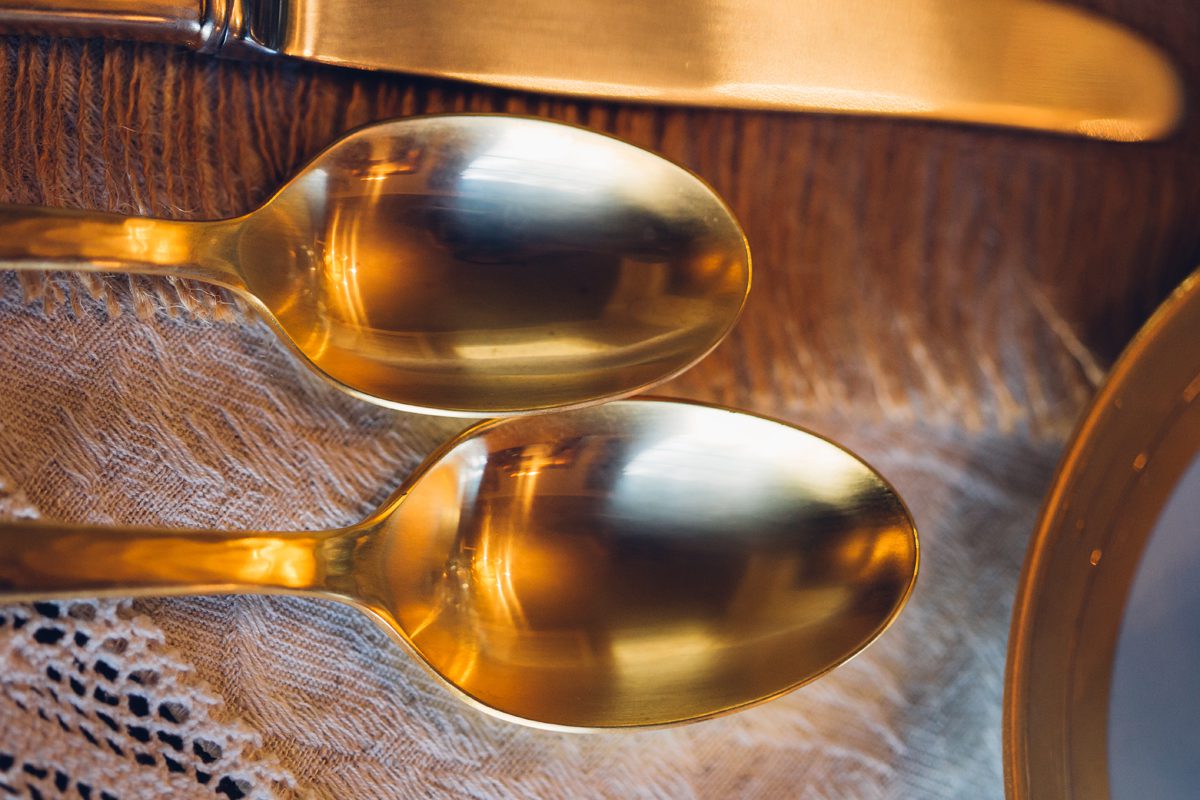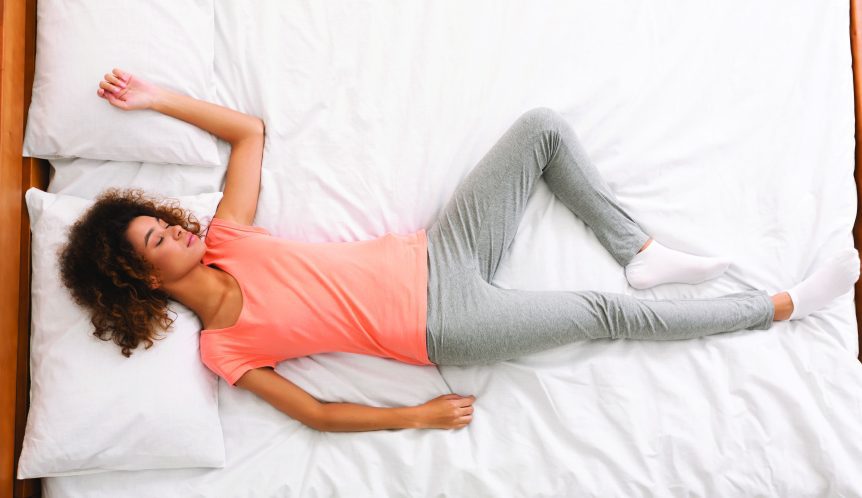I absolutely concur with the statement made by my colleague, Dr. Michael Breus aka the Sleep Doctor: “Sleep has a direct effect on anxiety, depression, moodiness. Literally everything you do, you do better with a good night’s sleep.” Sleep should be considered one of the three pillars of good health, along with diet and exercise, and should be prioritized as part of a healthy lifestyle.
The need for sleep never goes away, especially if we’re pushing ourselves creatively, professionally or athletically. Did you know the average person may spend more than 26 years of their life sleeping? I’ll say that’s 26 years well spent.
Are you getting 7 to 8.5 hours of uninterrupted sleep or your own “sleep need”? FYI: “sleep need” varies with age and socially determined wake-up time)? Besides feeling rested in the morning, there are some significant benefits derived from experiencing quality and quantity of sleep on a nightly basis. Good sleep can turn on about 700 health-promoting genes. Besides staying healthier, longer, I bet you’re interested in the benefits of achieving those 7 – 8.5 hours of uninterrupted sleep!
First things first.
Do you know your chronotype?
Lions wake up early to roar. Owls stay up all night. Bears are somewhere in between. When one understands the way our bodies react, we can better prepare for the day. We humans operate according to a circadian rhythm that is encoded in us. It’s a roughly 24-hour rhythm of the sun that sets the pace for our bodies and minds – in quite a steady manner. For example, ever wonder why we tend to get sleepy and hungry at the same time of day? That’s our circadian rhythm at work. In principle, we should try to follow these so-called internal clocks, and let our bodies function according to their pace. Disruptions in the rhythm (evident in shift-workers, for example) can cause different types of health problems such as sleep disorders, hormonal imbalances, G-I issues, i.e., heartburn and ulcers, and even some cancers.
There are variations in our alignment to the 24-hour circadian rhythm. Some people operate with a slightly faster paced rhythm than the 24-hour cycle, and others have internal clocks that are a bit slower than the 24-hour cycle. Our alignment to the circadian rhythm is called chronotype.
For example, the slightly faster-paced individuals are often referred to as “morning people” – brisk, attentive and ready to go at dawn – whereas the slower-paced ones are often referred to as “evening people,” reaching their peak performance at dusk.
According to research, chronotype seems to be related to genetics while circadian alignment can change a bit according to age. Thus, we should be aware of our own circadian rhythm. In addition, to avoid the negative health effects of circadian misalignment, we should schedule our lifestyle according to our own rhythm. Aligning our sleep schedule with our own unique circadian rhythm is very important for getting adequate amounts of deep and rapid eye movement (REM) sleep, both of which play a significant role in your recovery.
As I personally share with my family, friends and patients, a somewhat structured but consistent sleep routine is paramount! Value your sleep as much as you do your diet and physical fitness. Going to bed at the same hour on school nights and weekend nights is a must. Just know that we cannot make up hours of sleep on the weekend. Training ourselves to sleep along with our natural circadian rhythms will lead to better overall health and performance. Hint: Set an alarm for when it’s bedtime; and within 30 minutes upon arising, get a minimum of 15 minutes of light, i.e., sunlight and/or blue light.
Thirty to forty-five minutes of daily exercise can prepare us for a good night’s rest. As a general rule, you should not exercise too close to bedtime (within 4 hours before of falling asleep). It will stimulate your metabolism, which can make it more difficult to fall asleep. Speaking of stimulation and caffeinated beverages, 2 p.m. is a well-accepted cutoff time for drinking coffee. Experts have proven that the effects of a late afternoon cup of coffee (caffeinated beverage) can last much longer than perceived, so much so that it can cause restless sleep, even hours later.
Drinking alcohol to aid your sleep is a terrible idea because it prevents getting into Stage 3 and 4 of that deep, refreshing and physically restoring sleep. Therefore, time your glass of wine (alcohol) with the knowledge that it takes an hour to digest it. And, eating after 7 p.m. can be problematic, in that it takes energy for digestion. This too can “wire” you up, as well as cause your blood sugar to roller coaster. The above factors affect your resting heart rate and thus, are a good way to push your sleep cycle out of whack.
When it comes to “sleep mistakes,” you can correct them once they are revealed and handled. We live in a 24/7 excitotoxic society with round-the-clock light. Did you know that the Amish are the population of people with the lowest incidence of sleep disorders/insomnia? Just appreciate their simplistic lifestyle. Having adrenal gland dysfunction is equivalent to cortisol (stress hormone) dysregulation, and thus impaired sleep. Regarding the gut microbiome, parasite infections can definitely disrupt sleeping patterns. So, it would behoove you to have the adrenals and the gut evaluated by your healthcare provider, particularly a lifestyle medicine physician, like me.
Follow these guidelines for a set period – just a week or two to start – and track how you feel every morning and throughout your day. The results will be a more effective, cognizant understanding of how you can empower yourself for a better night’s rest. Awareness and control over your environment and sustaining this positive viewpoint of sleep’s importance will continue to have lasting effects for you and your overall performance today and for your future.
Here’s a listing of the benefits of sleep:
- Release of Melatonin = Modulation of the Immune System
- Decrease Heart Rate = Decrease Blood Pressure = Decrease Risk of Heart Disease (heart attack and stroke)
- Better Blood Sugar Control = Decrease Risk of Diabetes
- Resting of Digestive Tract (Intermittent Fasting)
- Weight Loss/Maintenance
- Increase in Collagen Synthesis = Beautiful Facial Skin
- Muscle and Tissue Repair = Better Athletic Performance
- Realignment and Elongation of the Spine
- Improvement in Learning (productivity/less “hangry” mistakes), Memory (better performance) and Mood (decrease risk of anxiety & depression)
Here is an example of a proper bedtime ritual.
- Make sure your sleep environment is conducive to a comfortable experience, i.e., good temperature (65F / 18.5C).) and no stray light (including the glow from electronics). Our sleep/wake cycle is run by light. The bed linens and sleepwear should be comfortable and inviting. Remember only to use your bedroom for sleeping and romance!
- Consider “powering down” by avoiding technology, i.e., white and blue lighted screens one hour before falling asleep. You know what they are…TV, desktop computers/laptops, cell phones, pads/tablets. The content you are viewing can elevate your heart-rate and/or may cause stress (from work email, for example), and the high-intensity blue light emitted from electronics regulates your melatonin, the sleep hormone. So tune out early and take advantage of screen filters or special glasses that block blue light. Remember that blue light represents ‘coffee for the brain’! There are some excellent science-based lighting resources that are centered around healthy lighting. Additionally, make sure that all sources of Electromagnetic Fields (EMFs) are at least 15 feet away from you.
- An evening bathtub soak in Epsom salts (magnesium sulfate) and mindful music is so relaxing! Most people who suffer from sleep disorders possess a mineral deficiency, i.e., magnesium, calcium and/or both, thus get tested. Completion of personal hygiene, i.e., facial and dental care and emptying of the bladder round out the bathroom experience. Suggestions for the bedroom may include a carafe of Electrolyzed Reduced Water, the Bible and/or rosary, a journal, good reading material, a “worry box,” relaxing essential oils (lavender, chamomile, ylang-ylang, and Vetiver) and possibly Bio-identical Hormone Replacement Therapy, i.e., topical Progesterone.
- Bio-identical Progesterone is nature’s balancer to the estrogens. It interacts with the sleep center in the brain as well as the GABA receptors, thus acting not only as a sleep aid but also as a natural anti-anxiolytic / anti-depressive agent. When medically indicated, topical Progesterone is typically applied to the flexor (inner) aspect of the forearm.
- The essential oils can be used topically to the soles of the feet, sprinkled on the bed linens and/or placed into a diffuser.
- If your mind is still racing with thoughts and/or worries, write those things down. Get a “worry box” and place those written worries in it. I promise you that this action is very effective. Let it go…Let it go…
- I recommend journaling in the morning but if you don’t accomplish it, then use the evening to write down at least 3 things that you are grateful for.
- Because I believe that we spiritual beings in a material world, having a conversation with the Higher Being, for me, God, is cherished quiet time…prayer.
- And finally, enjoying a sip or two of the Electrolyzed Reduced Water and/or a non-caffeinated tea will support the body during the 7 to 8.5 hours of potential dehydration.
Additional resources to consider incorporating into a good sleep fitness routine:
- Oura Ring
-
- CBD Oil (Isolate, Broad Spectrum or Full Spectrum)
- ‘Correct’ forms of Melatonin, Serotonin, GABA (As opposed to the ‘masking’ effects of prescriptive, and potentially addictive drug-induced sleep medications)
- Adaptogenic Herbs like Ashwagandha, Rhodiola
- Quality Mattress and Pillows
- Wicking Bed Linens
- Weighted Blanket
-
- Eye Mask (To further block out stray light)
- White Noise (Sound Machine)
- Hypnosis and other Mental Exercises (Distract the brain’s thinking)
- Mindful Music or Audiobooks (Provide a right balance in distraction of thoughts without too much stimulation)
- Yoga (Relieve tension and stress)
- Meditation / Slow Breathing / Sleep Stories – The APP: Calm
- 20-Minute Power Naps
DISCLAIMER: All of the information found in this article is based on the opinion of the author Karen M. Pendleton, M.D. The information is meant to motivate readers to make their own health decisions after consulting with their own health care providers. All readers should consult a doctor before making a health change, especially those that are related to a specific diagnosis or health condition. No information in this article should be relied on in determining a diet, making a medical diagnosis or determining a treatment for a medical condition. The information in this article is not intended to replace a relationship with a qualified healthcare practitioner and is not intended as medical advice. No information in this article should be used to diagnose, treat, prevent or cure any disease or condition.








